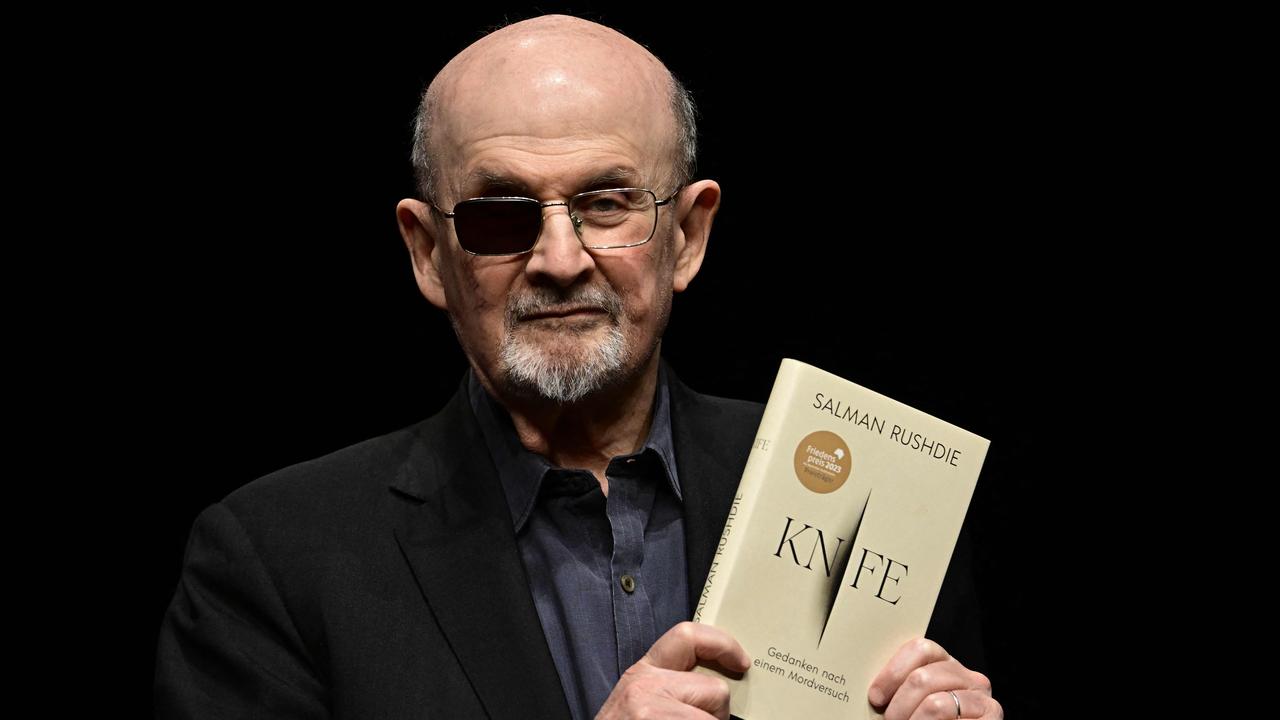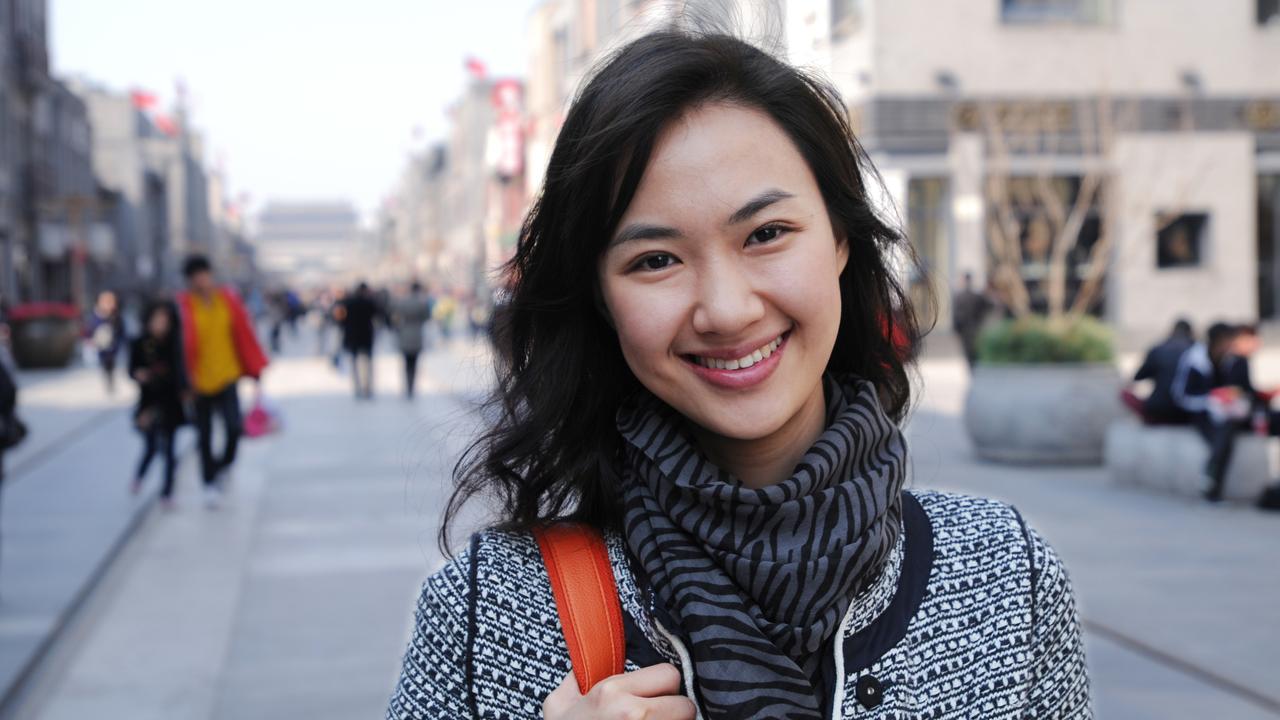Xi picks at old wounds as he eyes anti-NATO alliance
Xi Jinping has used strong language to commemorate the 25th anniversary of the American bombing of his country’s embassy in Belgrade.

President Xi Jinping of China has moved to consolidate an expanding informal anti-NATO alliance as he used strong language to commemorate the 25th anniversary of the American bombing of his country’s embassy in Belgrade.
On the latest leg of his European tour, Mr Xi flew from France to Belgrade to be greeted by President Aleksandar Vucic of Serbia, a nationalist who has repeatedly challenged the EU and NATO over their strategy in the Balkans.
“Twenty-five years ago today NATO flagrantly bombed the Chinese embassy in Yugoslavia, killing three Chinese journalists,” Mr Xi wrote in a piece for the Serbian newspaper Politika. “This we should never forget. The Chinese people cherish peace, but we will never allow such tragic history to repeat itself.”
He said that the friendship between China and Serbia was “forged with the blood of our compatriots”. China has always supported Serbia’s claim over Kosovo, seeing parallels with its own claim to Taiwan. Their solidarity in the face of what both see as Western-backed “separatism” is symbolised by the events of May 7, 1999. On that day a US bomb dropped as part of the NATO campaign to force the rump state of Yugoslavia to withdraw from Kosovo hit the Chinese embassy.
Washington said it had been targeting a Yugoslav supply depot and struck the embassy by accident. Few Chinese believe it.
China’s relations with the US were patched up the following year as president Bill Clinton supported Beijing’s access to the World Trade Organisation.
Since Yugoslavia disintegrated in the 1990s, China has maintained strong relations with Serbia, which assumed the mantle of the former state’s diplomatic friendship with Moscow and Beijing.
The growing closeness of Mr Xi and President Vladimir Putin of Russia has given Belgrade fresh support in its continuing battle to prevent Kosovo’s recognition as an independent state.
Serbia is in theory applying for membership of the European Union, but has refused to join in sanctions against Russia in response to the invasion of Ukraine and has built security co-operation with Beijing that allows Chinese police to patrol in Belgrade.
Chinese investment also comes with no strings attached, unlike EU “partnerships” which are often predicated on Serbia softening its position on Kosovo.
After substantive and combative talks this week with President Emmanuel Macron of France about trade disagreements and the war in Ukraine, Mr Xi was to visit Hungary on Wednesday.
Although his country is an EU member, Viktor Orban, the Hungarian Prime Minister, has taken such pro-China and pro-Russia positions that he is often seen as their “stalking horse” or secret proxy in Brussels.
The Times



